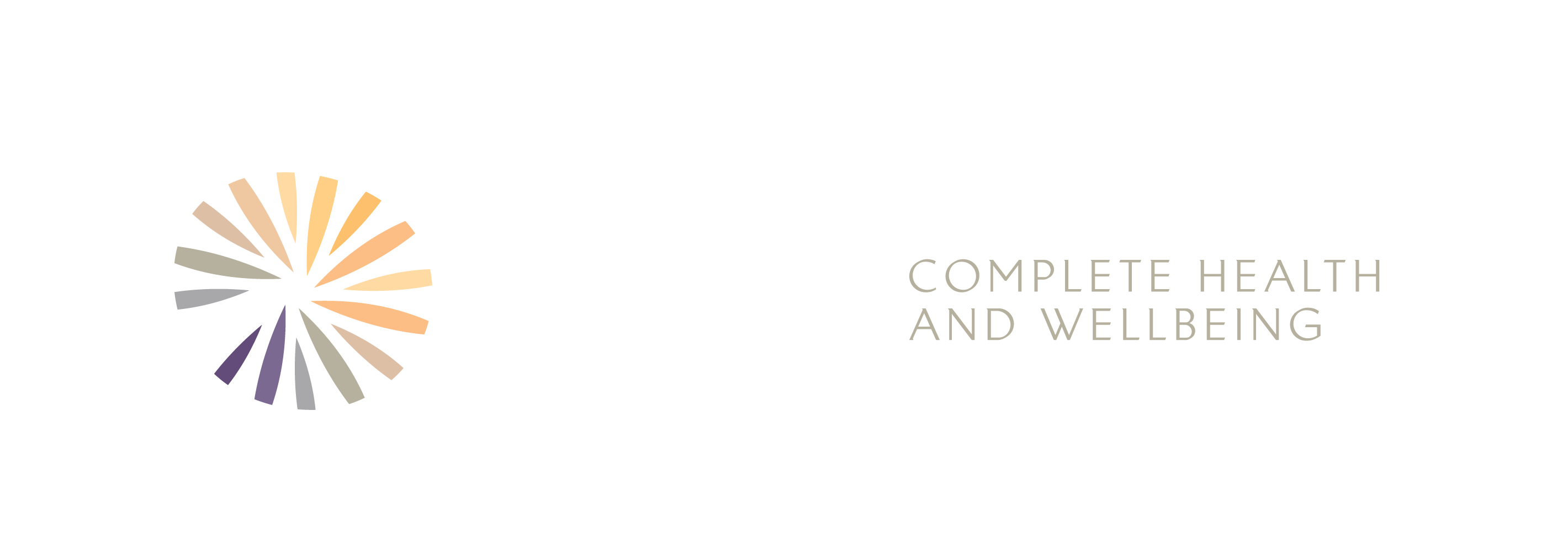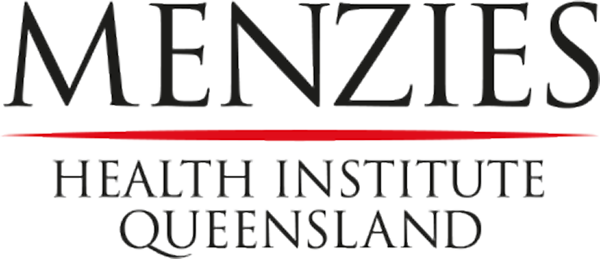Since the start of the Covid-19 pandemic, workplaces and communities have been using online platforms more than ever before in order to stay socially connected despite physical distance. So how can this work in a wellness setting where support and connection is so key to success? We asked Dr Janine Porter-Steele from the Wesley Choices Cancer Support Centre and Dr Sarah Balaam from the University of Queensland about the latest EMERALD study, which is exploring the feasibility of the Younger Women’s Wellness after Cancer Program in Australian women.
What is the EMERALD Study and what are you trying to achieve with this trial?
A team of leading Australian and New Zealand health researchers have been working together to pilot a virtual lifestyle intervention, the Younger Women’s Wellness after Cancer Program. This program aims to improve quality of life for younger women who have been diagnosed and treated for breast cancer. We aim to reduce treatment-related chronic disease risk for people taking part in the study and to determine whether this is feasible in the Australian context.
How did this Study come about?
Partner trials of cultural-and language-adapted versions of EMERALD are currently underway in New Zealand and Hong Kong. The aim of this study is to test the feasibility of the Australian version of EMERALD in a similarly-aged, representative sample of women prior to a larger trial of the program across Australia, New Zealand and Hong Kong. Ultimately, we would like to see the wellness program embedded in clinical and community settings, making it easily accessible to those requiring post cancer treatment support.
Who can participate and how can they get involved?
We are looking for women aged between 18 and 50 years old, who have had treatment for breast cancer in the previous 24 months, with no metastatic disease and have access to a personal computer, tablet device or smartphone.
Please visit us here to find out more.






